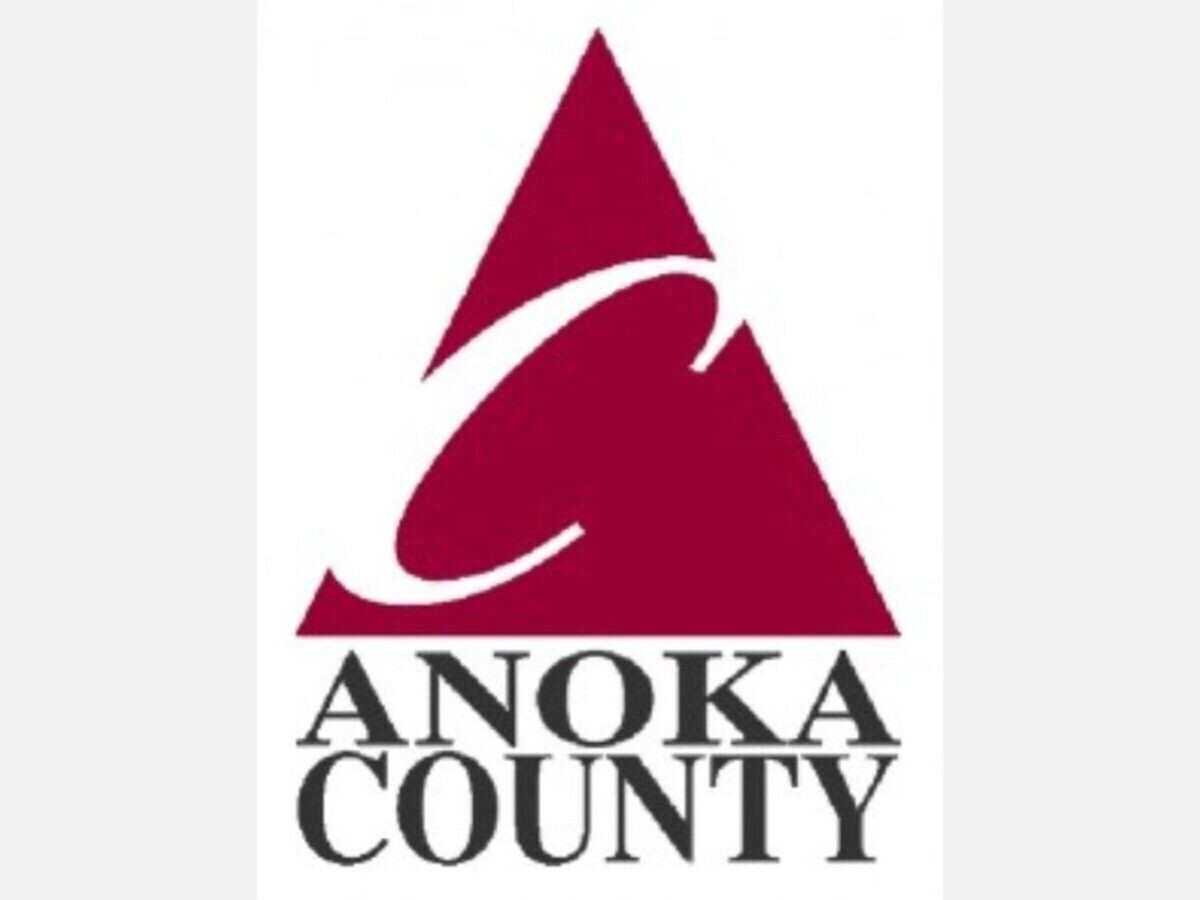Image


ANOKA, MN — The Anoka County Board of Commissioners has filed a lawsuit to prevent the use of county-generated regional transportation sales and use tax funds for a proposed third pedestrian bridge in downtown Anoka. The legal action comes one day after the Board formally opposed the fund diversion.
On September 23, 2025, the County Board adopted a resolution opposing the allocation of these transportation funds to the downtown bridge project. On September 24, the Anoka County Attorney’s office filed a complaint in Anoka County District Court seeking an injunction to block the proposed use of funds.
County officials argue that the diversion of funds violates state rules and procedures, including requirements established by the Minnesota Department of Transportation (MnDOT). The Board maintains that such a redirection requires proper County Board approval and that bypassing this process undermines statutory safeguards.
“These funds are intended for projects with county-wide impact, and reallocating them to a localized project sets a troubling precedent,” said County Board Chair Mike Gamache. “We support the County Attorney’s efforts to ensure these dollars are used appropriately for the benefit of all residents.”
The county’s resolution and lawsuit emphasize that the funds in question come from the regional transportation sales and use tax, enacted in 2023. Under state law, 17% of total metro-area revenue is allocated to the seven metropolitan counties, including Anoka, with statutory guidance specifying portions for active transportation, corridor safety studies, and system rehabilitation. The county seeks to preserve its full allocation to support broader infrastructure priorities, such as safety underpasses, park improvements, and countywide transportation projects.

The pedestrian bridge is part of the Rum River Dam Bridge project in the City of Anoka, which also includes a navigation lock and a river surfing area. County officials have raised concerns that the project bypassed the appropriate legislative and approval process, potentially delaying funding for other county priority initiatives.
Commissioner Julie Jeppson, who oversees transportation matters for the county, said, “Our goal is to ensure regional transportation funds are used in a way that benefits the entire county, not just a single downtown project.”
The lawsuit now pending in Anoka County District Court challenges the use of the diverted funds and seeks an injunction to prevent the project from moving forward using county tax revenue. The outcome could have significant implications for how metropolitan counties manage and protect their statutory share of regional transportation funding and set precedent for the interplay between state guidelines, county authority, and municipal projects.